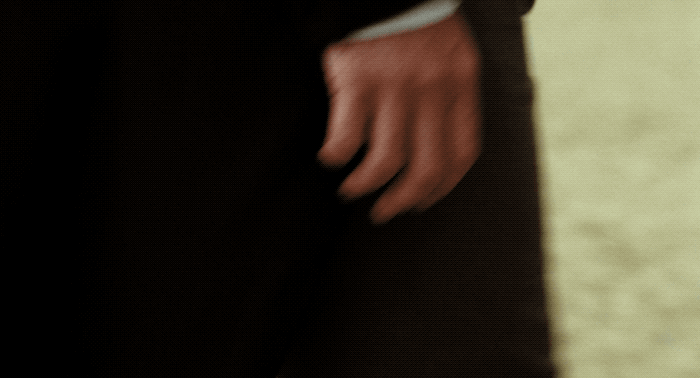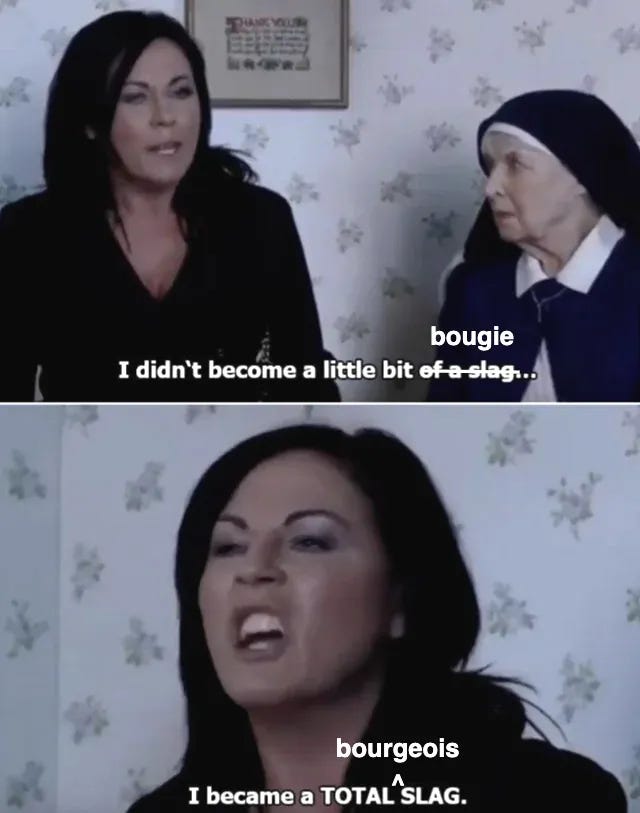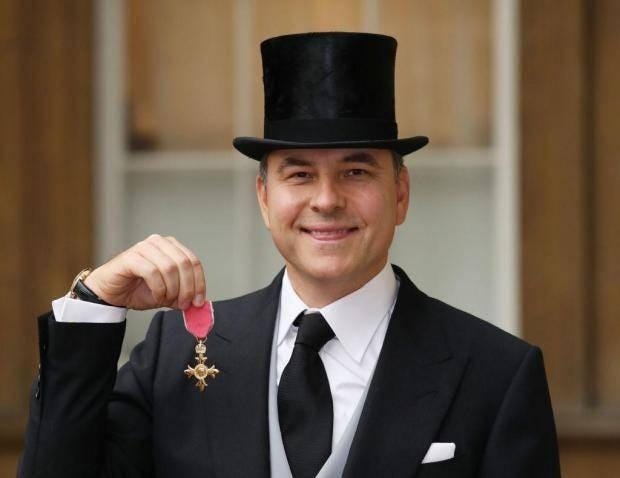The relationship between social class and children's publishing
"...discussing poverty, or coming from a broken family, or having caregivers be unsafe or unreliable is too scary or sad." How the British class system informs the stories we choose to tell our kids.
An oldie but a goodie; a version of this was originally posted on my website back in 2023, but this is a revised edition of the same interview/essay with new, bonus images and resources.
Update 13/05/2025: an addendum to this piece is available here.
Happy reading!
Bionic reading version available here
Let’s start with some context…
When I was eleven years’ old, I chose to move in with my dad. It was a difficult decision, but at the time all my complicated emotions were mostly squished down. I focused on the positives: now I had clean clothes, home-cooked meals and a feeling that I didn’t really have the words to articulate, a sense that living with them meant doors would open for me.
That September, I started at my local grammar school ready to become the best, most shiny version of myself. My very first lesson was English. The teacher began by giving us a list of books we’d need to read to prepare for Oxbridge. There was also a “banned” section with a list of authors that we weren’t supposed to read, with Jacqueline Wilson at the top. Jacqueline Wilson was one of the only authors whose books ever touched on my reality – the one I’d had at my mum’s house – but I realised those stories belonged to the old me, so I put down The Illustrated Mum and picked up Pride and Prejudice. I hated Jane Austen for the following fifteen years for no good reason other than that she became a symbol for everything I was not; for everything that was wrong with where I came from.
For the rest of my school days, I still read Jacqueline Wilson (huddled under my duvet) but otherwise I tried to fit in with my new classmates. My family still couldn’t afford designer clothes or fancy holidays the way some of my friends could, but that wasn’t so unusual. When I left grammar school to go to sixth form college I was able to relax a little bit, since the other students came from more varied backgrounds, but I still wanted to be considered “sophisticated”, and certainly not someone who’d once lived off benefits and her mum’s bar staff wages.
By the time I’d gone through university and graduated, who I’d become was so distant from who I’d been that I didn’t have to really think about it anymore. One of the few times it came up was on a trip to my mum’s caravan park with my university boyfriend. The culture shock broke him. He was so upset that “people could live like that” that he had to go and have a lie down. In retrospect, he should have been embarrassed. It was (and still is) darkly funny. But in the moment, I was apologetic, ashamed and humiliated. The incident reenforced my belief that where I’d come from needed to be hidden away.
And this relates to publishing, how?
All that is my very long-winded way of saying that slowly, I’d become part of the problem. When I got my first job in publishing, I had views about what was good writing and what was bad writing and what people should like and what people ought not to like, and I was happy with those opinions. Like a lot of my colleagues, my thoughts and feelings had been cultivated in an echo chamber. I didn’t know what I didn’t know, and there was no pressure to interrogate any of my many unconscious biases. On top of that, I consciously judged and looked down on my mum’s (stereotypically working-class) values and interests and rejected anything that reminded me that they were once my interests, too.
Then I started working on children’s books. Over time, I began to feel a growing sense of unease. A lot of it was related to my soon-to-be-diagnosed complex PTSD, which is another post for another time, but working to confront that trauma made me look at all the things about myself I’d buried away. I was struggling to edit the books on my desk because they didn’t reflect my lived experience, and every time I sat down for a copy-edit or proofread I was becoming increasingly aware that so much of what was I was reading and what was being published promoted only a certain kind of story and a particular way of life.
There were and are exceptions in the mainstream, although they are few and far between. I found that a lot of the children’s books that covered my experiences were given zero budget, a terrible special interest cover and shelved under “Educational Reads”, as though lives like mine were to be learnt about, not lived. Even books that were set in or targeted at working-class households had a sense of poking fun. For example, while I love that David Walliams’ books get kids who wouldn’t necessarily read to read, oh my god, they are so full of classism (among other things … again, a post for another day). Then there’s Peppa Pig, where any character from a lower socio-economical background has a non-home-counties accent and – actually, I won’t get started on Paddington Bear. I have some very unpopular opinions.
I looked through my bookshelf at home and realised the same was true of most of my adult books. Even the ones that spoke about working-class roots had reviews that described them as “brave” or “inspiring”, the implication always being that the story was good … considering.
I don’t think anyone I worked with was doing this intentionally. As I said, we were all bouncing around our echo chamber and with print deadlines and personal lives and ever-tighter publishing budgets, when was the time to look outside of ourselves? The fact was (and is) that as a rule, not an exception, books were marketed to be bought by a certain type of person, and there were never enough resources or enough space in our publishing schedules to worry about it.
What do you think the industry is doing to make things better?
There are already a lot of conversations happening in traditional publishing about making stories more diverse and accessible, and while other pressing issues like race or sexuality are typically at the forefront of these discussions, social class is often an implicit factor.
In terms of the industry itself, more and more publishers are offering paid internships or matching living wage requirements. Even better, they’re moving or starting up offices outside of London. A lot of big publishers and some smaller indies are popping up in other locations now and I’m very, very excited about it. The geography of publishing was so prohibitive when I wanted to get into it, but it’s now slowly opening up. There’s even some hybrid working opportunities now. That flexibility is hopefully a way to make publishing a (slightly) more affordable career choice.
What else do you think needs to happen?
In writing and pitching my own children’s books, I’ve often received well-meant feedback about softening or amending stories, because discussing poverty, or coming from a broken family, or having caregivers be unsafe or unreliable is too scary or sad for my target audience… My audience being kids the age I was when I was experiencing all those things. I appreciate the sentiment, but when those stories aren’t told, who is being protected? Children from stabler backgrounds, growing from gentler roots, can be nourished by stories that reflect their reality, while vulnerable children reading the same books only learn to hide or be ashamed of their lived experiences. The people in charge of deciding what gets published need to look out for them.
I know plenty of individuals in publishing that are doing the work, and are pushing for more progress, but changes need to be made at a structural level.
An easy first step would be for publishers to invest in basic unconscious bias and sensitivity training for all staff, and to make having and responding to external sensitivity reads a key part of all publishing schedules.
For children’s publishing in particular, I also think there should be more interaction with schools. Making time to learn from and listen to children from different backgrounds would be a benefit to publishing strategy, and giving young people the opportunity to feel involved in the making of stories would (hopefully) make them more eager to read. As I mentioned, financially things are tight in the publishing sector, but there are often time-off-in-lieu schemes for voluntary work, and creating these workshops could possibly be budgeted that way.
I also think widening the net for commissioning is key, and trying to make time for unsolicited submissions, working to make writing and publishing accessible for people that haven’t had the opportunities or don’t have access to the resources they need to turn their ideas into a fully-realised story. The dream is to get publishers or agents to pay me to read their unsolicited submissions and work with potential authors, but I suspect that’s a long way off, so for now I want to make it as affordable as possible for the people that reach out.
There are so many social, economical, racial, geographical and political factors that I’m not talking about, and probably some that I’m not even considering. While I try to remember now how much I don’t know, I want to reiterate that this is a personal opinion piece and opinions are not facts. But in my work now, I always say: try to consider your unconscious bias, consider your sense of place and your history, and interrogate whether what’s around you is reflective of a wider spectrum of experiences. Does what you’re editing only cover your lived experience or similar lived experiences, or does it look at things outside what you think or feel?
I’m also working on not having an ego about getting things wrong. I want to remember that it’s important to make people feel that they can disagree with me or correct me, and to always be open-minded and curious and not instinctively double-down on what I think. Although as anyone who knows me personally will tell you, that’s definitely a work in progress.
Wait, there’s more! I wrote a bit more about this here.
Resources
Good things to watch or listen to
The Danger of a Single Story by Chimamanda Ngozi Adichie
“The single story creates stereotypes and the problem with stereotypes is not that they are untrue but that they are incomplete, they make one story become the only story”
Why middle class kids get the best jobs - BBC stories
“In a lot of elite professions, prejudice about class goes completely unchallenged.”
Good things to read
The importance of showing working-class lives in children’s books by Lanisha Butterfield
“Positive representation of social housing and lower income communities feels like a story barrier that desperately needs to come down.”
The Bee: a literary magazine, an online platform, a podcast on a mission to nurture, publish and promote the best new working-class writing by new and established working-class writers and visual artists.
“We strongly believe that there is a need to discuss contemporary social class more openly, and that writers can voice to class experience in ways social science cannot.”
Natives: Race and Class in the Ruins of Empire by Akala
“We judge the street corner hustler or working-class criminal – from East Glasgow to East London – but we see a job as an investment banker, even in firms that launder the profits of drug cartels, fund terrorism, aid the global flow of arms, fuel war, oil spills, land grabs and generally fuck up the planet, as a perfectly legitimate, even aspirational occupation.”
Chavs: The Demonization of the Working-Class by Owen Jones
“Being born into a prosperous middle-class family typically endows you with a safety net for life. If you are not naturally very bright, you are still likely to go far and, at the very least, will never experience poverty as an adult. A good education compounded by your parents' 'cultural capital', financial support and networks will always see you through. If you are a bright child born into a working-class family, you do not have any of these things.”
Good things to follow
Empathy Lab UK: a charitable social enterprise.
“Empathy is a learnable skill, not a trait. Our powerful, evidence-based approach harnesses the power of reading to develop empathy.”
“We believe every child should have the same opportunity to discover the joy of reading and set them up for success.”
Love of Huns on Instagram and TikTok: a glorious celebration of working-class culture




I saw something recently about Jacqueline Wilson’s Illustrated Mum, and it prompted me to Google the first few pages - sent me back to being 11 years old in my bedroom. Such a strong story covering alcoholism and ultimately poverty, but executed brilliantly for the young audience. Loved that book.
I’d love to see books about happy working class lives and happy, nourishing working class childhoods. There’s also a massive gap for stories with what used to be termed in sociology (but has probably changed because I studied it a long time ago!!) affluent working class culture. So much scope for so many more stories than we currently have available!